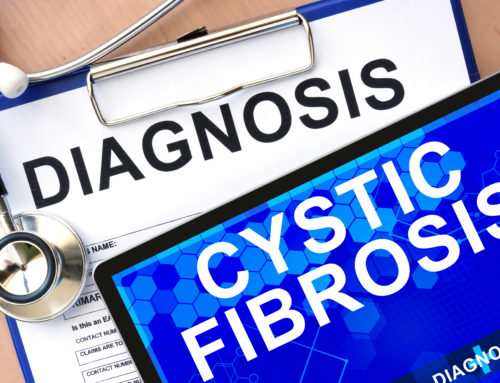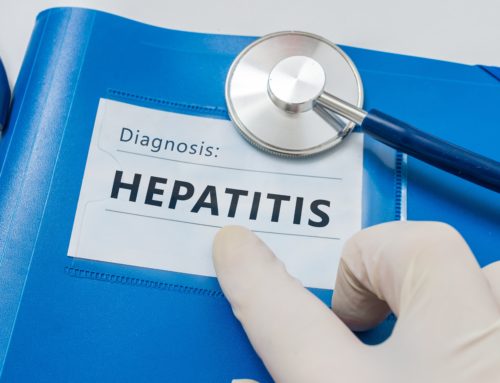The Scottish Medicines Consortium (SMC) has published advice accepting three new medicines for routine use in NHS Scotland.
Bevacizumab (Avastin) for advanced cervical cancer, elvitegravir/cobicistat/emtricitabine/tenofovir alafenamide fumarate (Genvoya) for HIV, and adalimumab (Humira) for severe hidradenitis suppurativa (a chronic, inflammatory skin disease) were all accepted.
The committee was unable to accept ivacaftor (Kalydeco) and lumacaftor-ivacaftor (Orkambi) for the treatment of cystic fibrosis. Ceftolozane-tazobactam (Zerbaxa), an antibiotic used to treat complicated bacterial infections of the abdomen, kidneys and urinary tract, was also not recommended.
Bevacizumab, which can be used to treat advanced cervical cancer, was considered under SMC’s Patient and Clinician Engagement process (PACE) for new medicines that treat end-of-life and very rare conditions. During the PACE meeting, patient groups and clinicians highlighted that cervical cancer often affects young women of working age who may have additional family responsibilities.
Bevacizumab can give patients an extra three to four months survival time that is very important in the context of their limited remaining months. As no new medicines for this condition have been licensed in the last 10 years, bevacizumab was considered to represent a significant breakthrough in treatment.
Adalimumab was accepted for the treatment of hidradenitis suppurativa (HS), a painful long-term skin disease that causes abscesses and scarring on the skin. Symptoms include recurring boil-like lumps around the groin and armpits which may leak pus. In a patient group submission, the HS Trust highlighted that patients can suffer physical pain, lack of mobility, low self-esteem and depression as a result of HS. Adalimumab is the first licensed treatment for HS, and has the potential to reduce painful symptoms and improve quality of life.
Also accepted was Genvoya (a combination of four medicines: elvitegravir/cobicistat/emtricitabine/tenofovir alafenamide fumarate) for HIV. This is a once-daily treatment and offers an alternative to current similar options but with the advantage of potentially fewer side-effects on kidneys and bones. As Genvoya is also licensed for use in adolescents, it helps to extend treatment to a younger patient group.
The committee was unable to recommend ivacaftor for the treatment of children aged below six years with cystic fibrosis. Cystic fibrosis is caused by abnormalities in a gene that makes a protein called ‘cystic fibrosis transmembrane conductance regulator’ (CFTR), which is involved in regulating the production of mucus and digestive juices. Ivacaftor can be used to treat patients with a specific mutation called G551D in the gene for CFTR.
Following consideration through the PACE process, the committee was unable to accept ivacaftor as considerable weaknesses in the company’s economic case raised uncertainties around the longer-term clinical benefits of the treatment in relation to its cost.
Lumacaftor-ivacaftor, which is used to treat cystic fibrosis in patients aged 12 years and over who have a genetic mutation called the F508del mutation, was also not recommended after consideration through PACE. The committee was unable to recommend lumacaftor-ivacaftor as there was too much uncertainty around the overall clinical benefits it may bring in relation to its cost.
Ceftolozane-tazobactam, a combination of two antibiotics for the treatment of complicated bacterial infections of the abdomen, kidneys and urinary tract, was also not recommended by the committee as other similarly effective antibacterial agents are available at a lower overall cost to the NHS.
Professor Jonathan Fox, Chairman of SMC, said, ‘We are pleased to be able to accept three new medicines for routine use in NHS Scotland. We know from the patient group submissions that they will be welcomed.’







